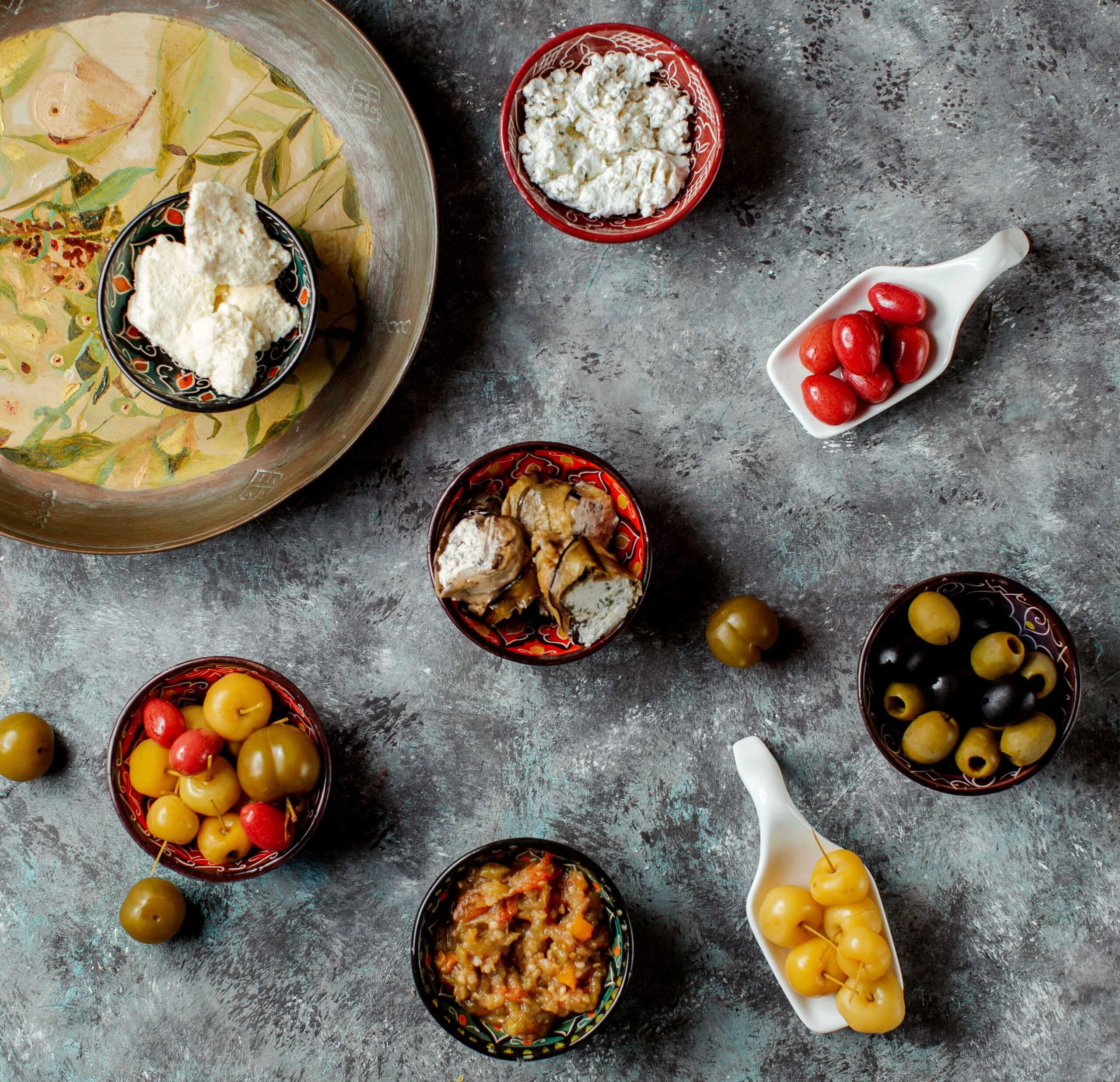Turkish cuisine is becoming increasingly popular in the global dining scene, known for its rich, bold flavours and healthy Mediterranean ingredients. To offer an authentic Turkish dining experience, it is essential for restaurants to use genuine Turkish Food Products that capture the true essence of these dishes. Turkish ingredients, such as olive oil, spices, and grains, bring diversity to restaurant menus and appeal to a wide range of customers seeking unique and flavourful options. By incorporating these ingredients, restaurants can create traditional Turkish dishes or enhance existing ones with Mediterranean flair. Accessing these high-quality products is made easier through wholesalers, who provide authentic ingredients in bulk, ensuring freshness and consistency. Working with a trusted food wholesaler not only guarantees the authenticity of the products but also allows restaurants to maintain the standards expected by customers who enjoy the vibrant tastes of Turkish cuisine.
The Appeal of Turkish Ingredients in Restaurants
Turkish ingredients have a strong appeal in restaurants, especially as Mediterranean cuisine continues to grow in popularity among health-conscious and flavour-seeking customers. Known for their rich, bold flavours and vibrant colours, Turkish ingredients like olive oil, spices, and grains bring a unique touch to any dish. These ingredients are incredibly versatile, enhancing both traditional Turkish recipes and modern, creative menu options. Using high-quality ingredients sourced from reputable wholesalers is essential to ensure authenticity and maintain the true essence of Turkish cuisine. By incorporating these authentic elements, restaurants can offer an exciting, flavourful dining experience that stands out.
Top 13 Turkish Food Ingredients Every Restaurant Should Have
1. Extra Virgin Olive Oil
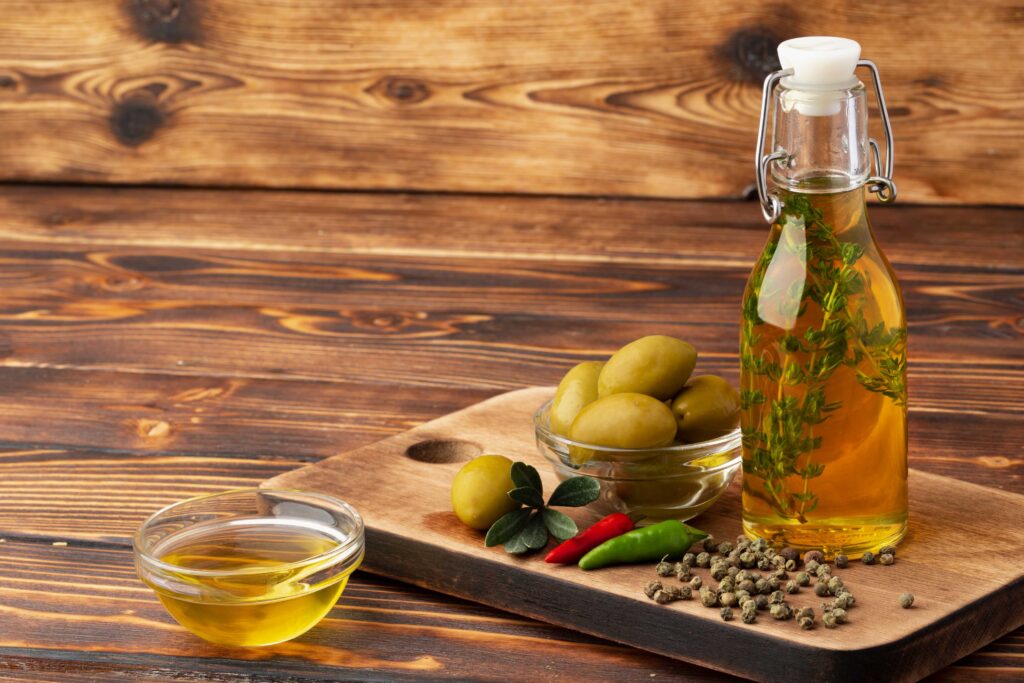
Extra Virgin Olive Oil is a staple in Turkish cooking. It’s known for its robust flavour and many health benefits. Rich in antioxidants and healthy fats, it’s a key ingredient in Mediterranean cuisine. Turkish olive oil is commonly used in salad dressings, marinades, and for sautéing vegetables and meats. Its fruity and slightly peppery taste enhances the natural flavours of food, making it a versatile and essential ingredient for any restaurant.
2. Sumac
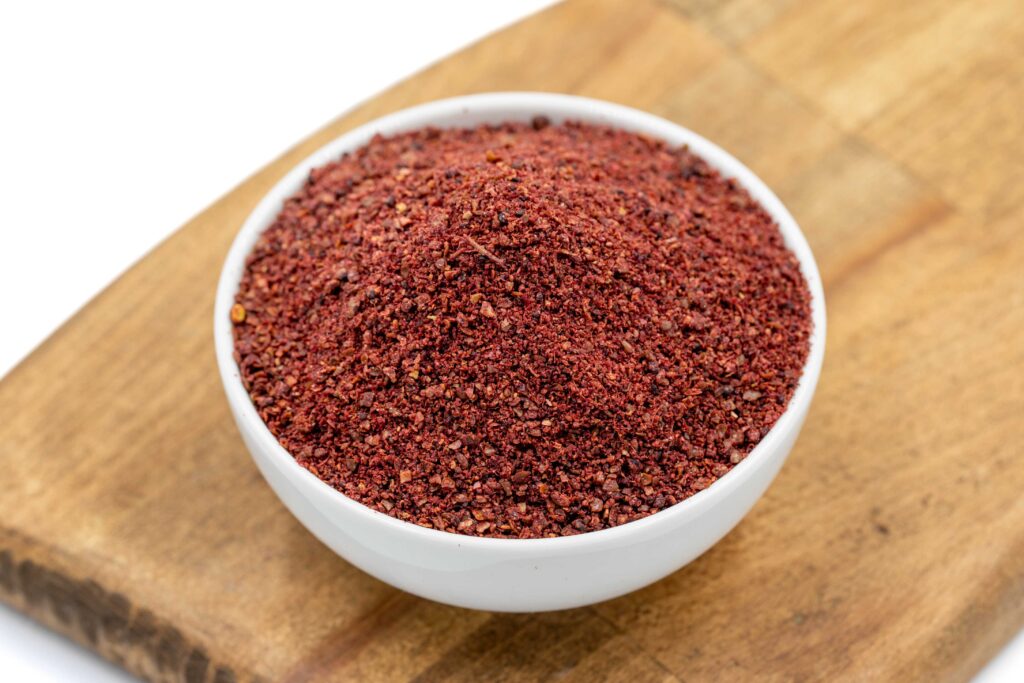
Sumac is a tangy, deep red spice widely used in Turkish cuisine. It adds a citrusy, zesty flavour to dishes, making it perfect for sprinkling over meats, salads, and dips like hummus. Sumac is also used to season grilled meats, kebabs, and vegetables, providing a bright and slightly sour taste that balances the richness of other ingredients. It’s an easy way to introduce a burst of flavour to many dishes.
3. Pomegranate Molasses
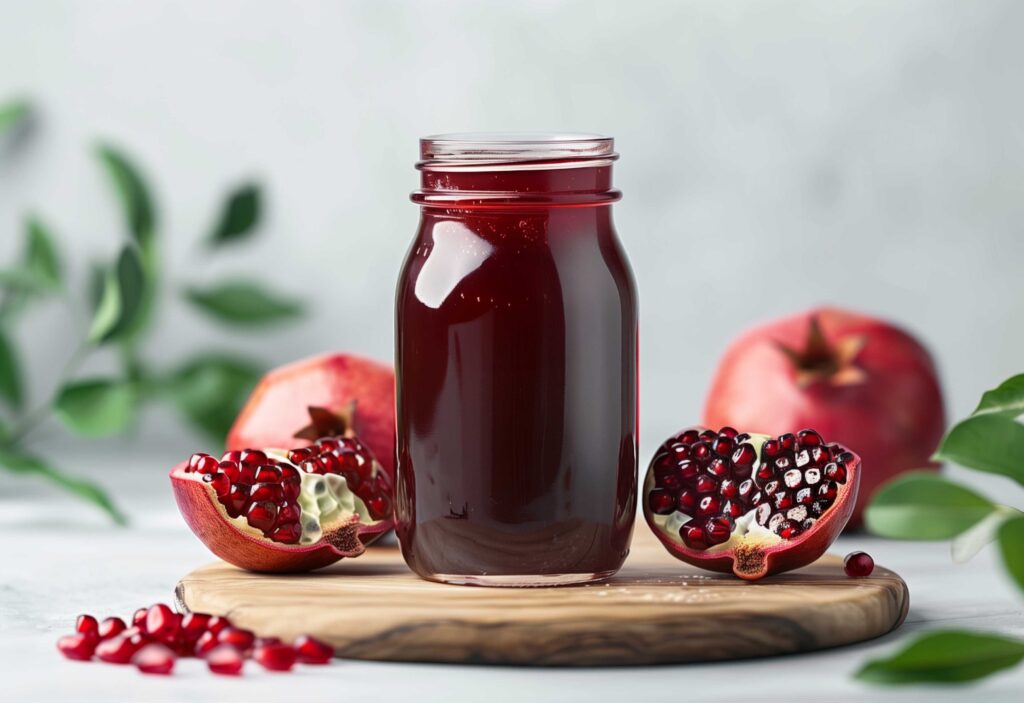
Pomegranate Molasses is a thick, tangy-sweet syrup that is a key ingredient in Turkish and Middle Eastern cooking. It is used in salad dressings, marinades, and stews, adding depth and sweetness to sauces and dishes. Its rich flavour complements both savoury and sweet dishes, making it ideal for glazed meats, roasted vegetables, and even desserts.
4. Pul Biber (Turkish Red Pepper Flakes)
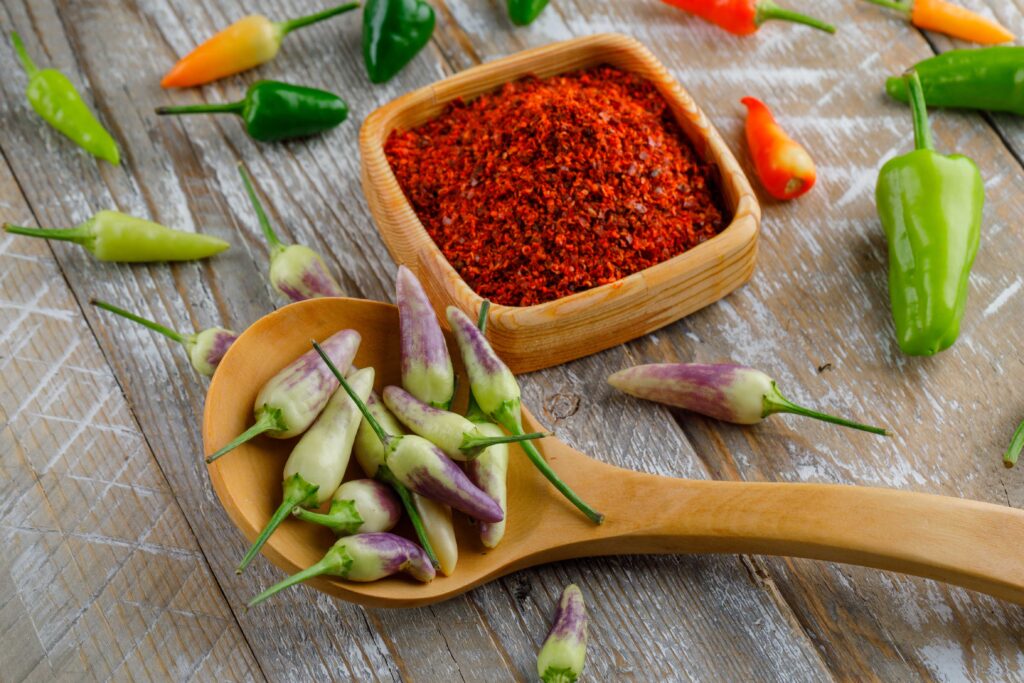
Pul Biber, or Turkish Red Pepper Flakes, is a spicy yet slightly sweet seasoning. It elevates the flavour of grilled meats, stews, and mezze dishes, adding warmth and a gentle kick of heat. The flakes are versatile and are often used as a table condiment, sprinkled over dishes like kebabs, pizzas, or salads. Their mild spiciness, with a hint of sweetness, makes them perfect for adding complexity to a variety of dishes.
5. Feta Cheese (Beyaz Peynir)
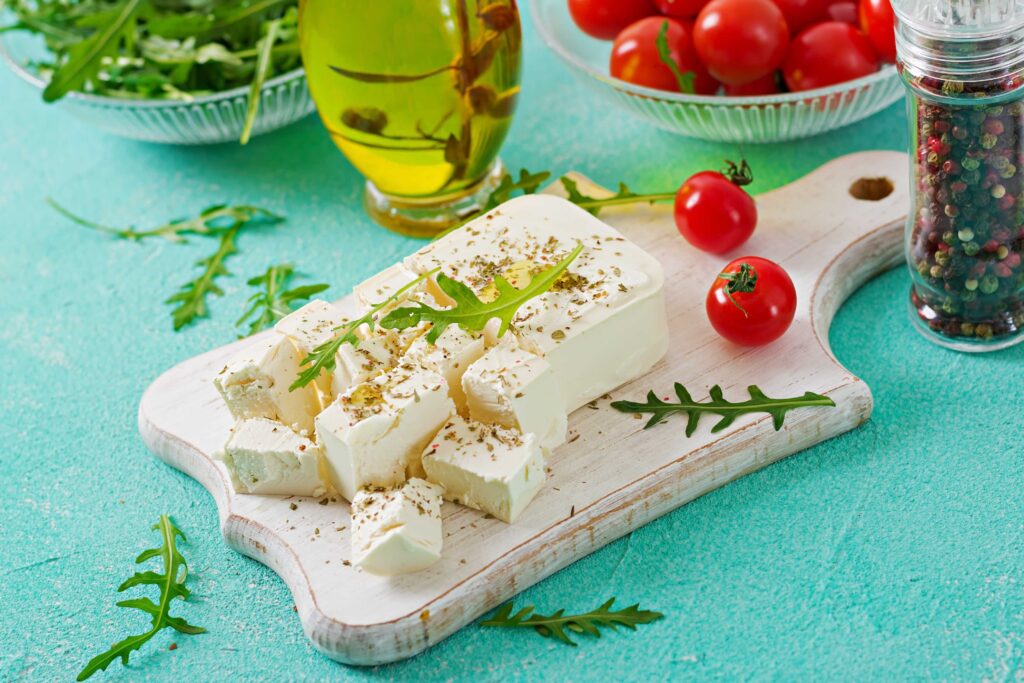
Feta Cheese, known as Beyaz Peynir in Turkish cuisine, is a creamy, salty cheese often used in salads, pastries, and as a table cheese. Its crumbly texture and briny flavour make it versatile in both hot and cold dishes. Restaurants can use it in baked goods like borek, alongside grilled vegetables, or simply on its own as a side or appetiser. It is a beloved ingredient that adds richness to many Turkish recipes.
6. Bulgur Wheat
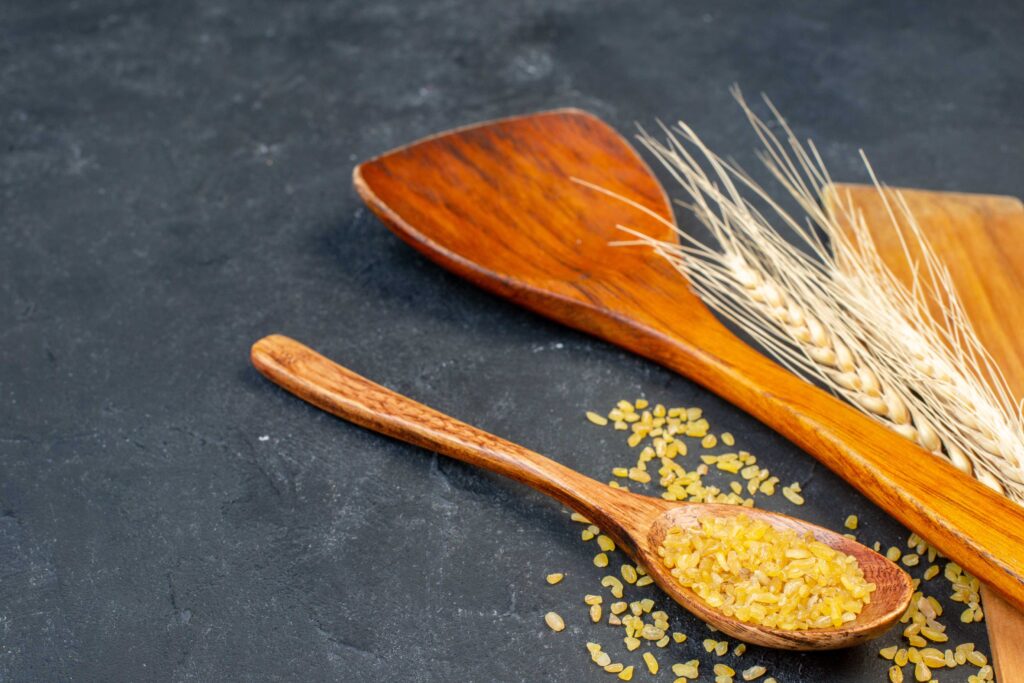
Bulgur Wheat is a nutritious, hearty grain frequently used in Turkish cooking. It’s a key ingredient in dishes like tabbouleh and pilafs. Its nutty flavour and chewy texture make it an ideal base for salads, grain bowls, or as a side dish paired with meat and vegetables. Bulgur is not only delicious but also high in fibre and nutrients, making it a popular choice for health-conscious diners.
7. Tahini
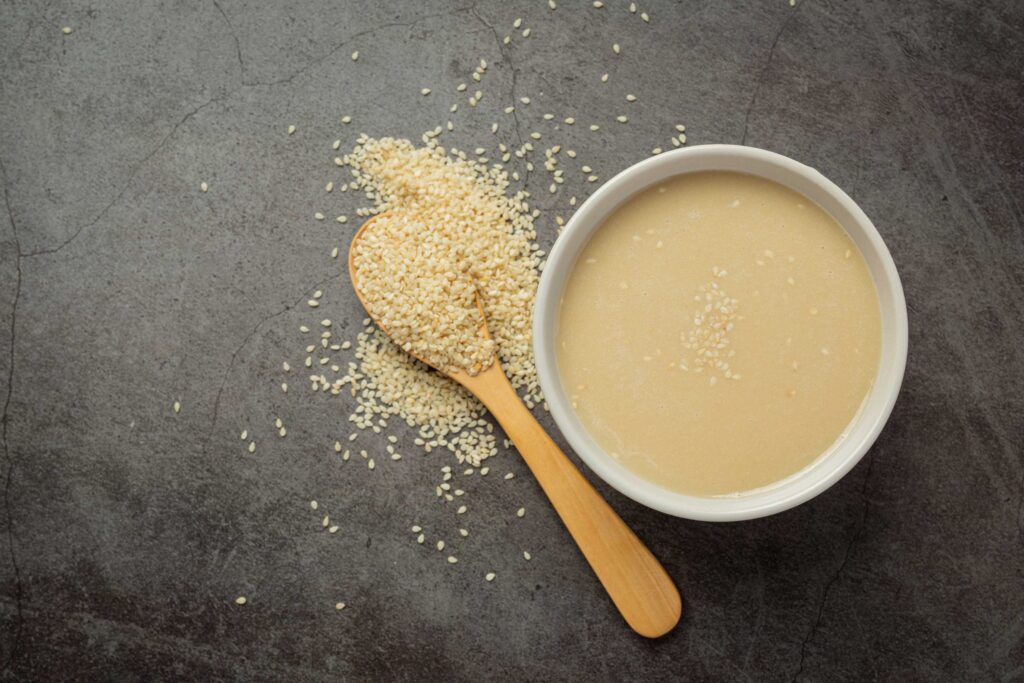
Tahini is a creamy sesame paste that’s commonly used in Turkish cuisine. It’s a key component in hummus, dressings, and sauces. Tahini adds a rich, nutty flavour and creamy texture to dishes, enhancing both savoury and sweet recipes. It’s also used in desserts like halva and is perfect for drizzling over roasted vegetables or mixed into sauces for an extra layer of taste.
8. Dried Apricots

Dried Apricots are a sweet, chewy fruit often used in Turkish desserts, stews, and rice dishes. They are commonly paired with meats like lamb or chicken to create a balance of sweet and savoury flavours. Dried apricots add a touch of natural sweetness to dishes and are also popular in Turkish sweet treats, providing texture and depth to both savoury and dessert recipes.
9. Saffron
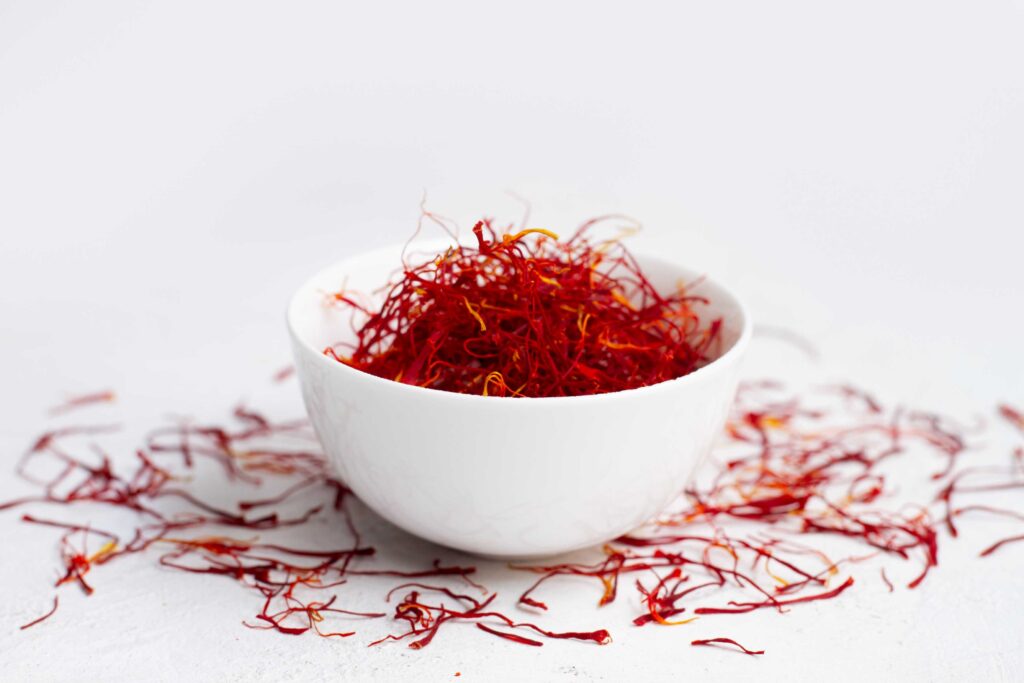
Saffron is a precious spice used in Turkish rice dishes like pilaf and stews. It’s known for its distinct aroma, flavour, and golden colour. Saffron brings a subtle, floral taste that enhances the richness of various dishes, from seafood to rice. Although expensive, its ability to transform simple ingredients into luxurious dishes makes it an essential ingredient in high-end Turkish cooking.
10. Turkish Yoghurt

Turkish Yoghurt is thick and creamy, making it a versatile ingredient in both savoury and sweet dishes. It’s used in dips like cacik (similar to tzatziki), soups, and as a base for marinades for meat. Its tangy flavour and creamy texture make it perfect for balancing spicy dishes or adding richness to stews and sauces. It’s also served as a cooling side dish or with honey and nuts as a dessert.
11. Minced Meat
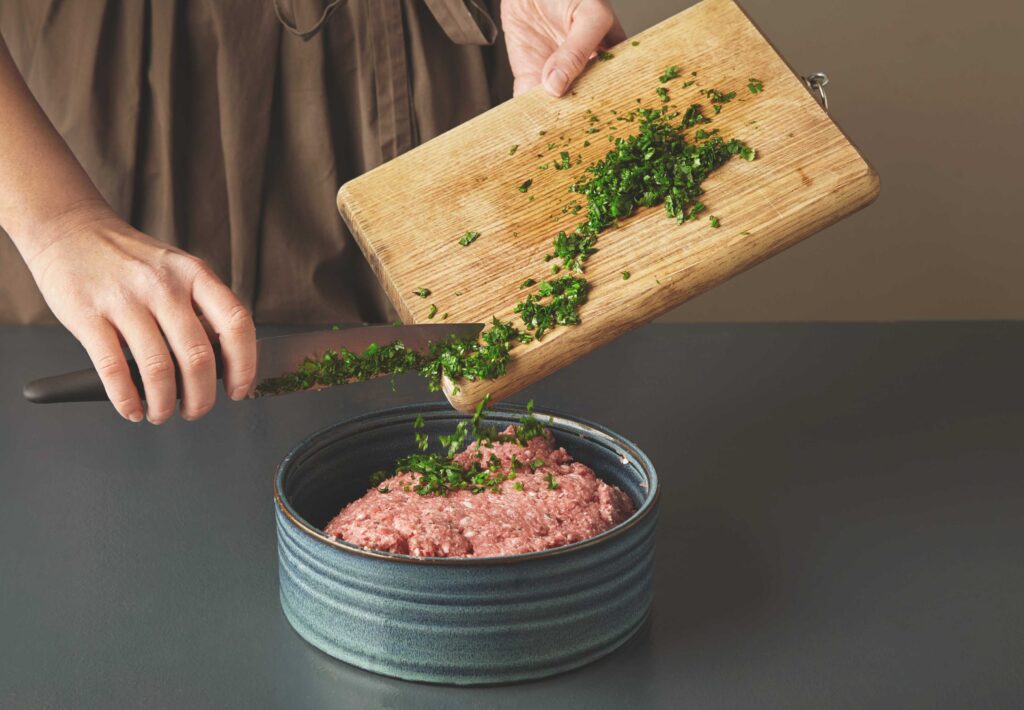
Minced meat, especially lamb and beef, is a staple in Turkish cuisine. It’s used in iconic dishes like kebabs, koftes (meatballs), and moussaka. The minced meat is often seasoned with spices such as cumin, paprika, and garlic, giving it a rich and aromatic taste. It is essential for creating hearty and flavourful main dishes that are a highlight of Turkish menus.
12. Onions and Garlic
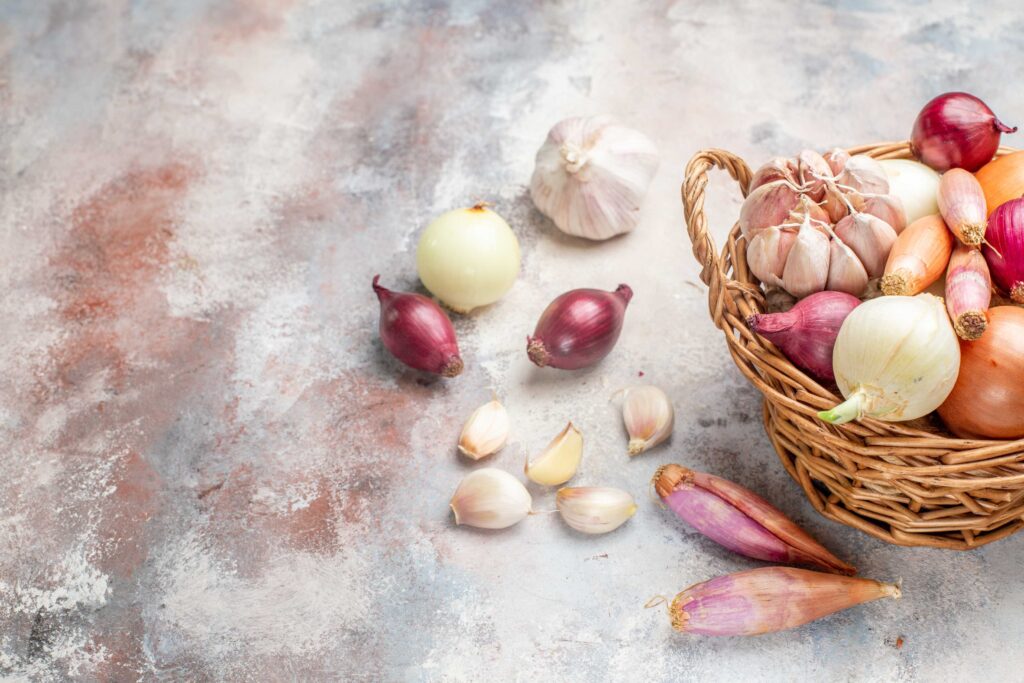
Onions and garlic are basic but crucial ingredients in Turkish cooking. They form the base of many stews, soups, and meat dishes. The combination of onions and garlic adds depth and a rich, savoury flavour to dishes. Whether used fresh, caramelised, or in sauces, these ingredients are essential for building the robust flavours Turkish cuisine is known for.
13. Tomato Paste
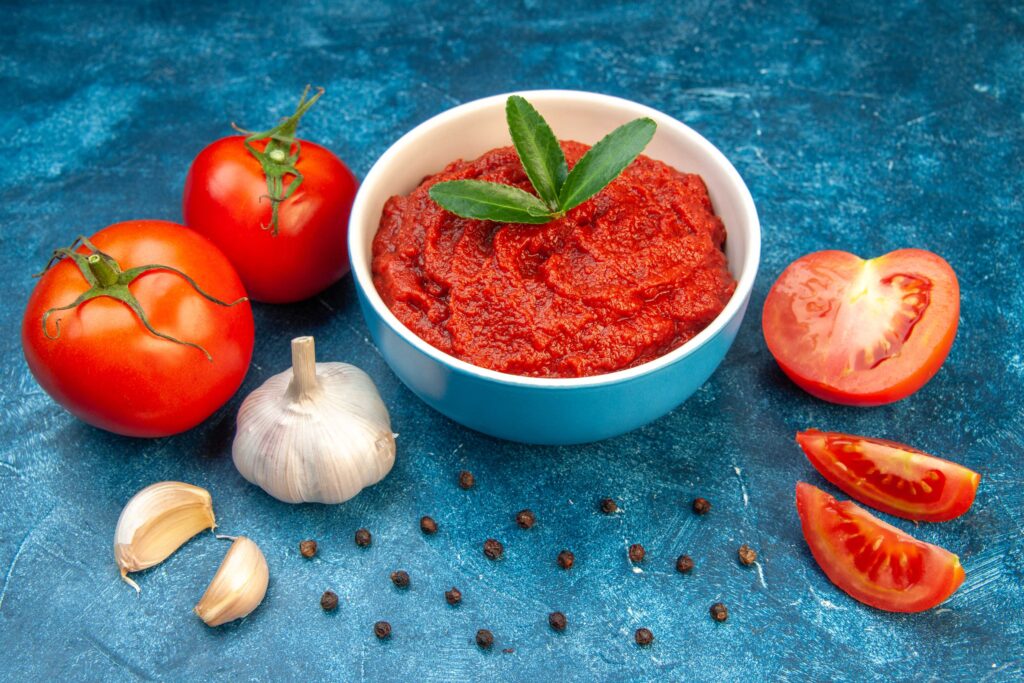
Tomato paste is a concentrated ingredient that provides a rich, umami taste to many Turkish dishes. It’s often used as a base in stews, casseroles, and sauces. Its intense tomato flavour enhances the taste of meats, vegetables, and grains, adding both colour and depth. Tomato paste is frequently combined with spices and herbs to create hearty and flavourful sauces that are central to Turkish cooking.
Why Source Turkish Ingredients from a Wholesaler?
Sourcing Turkish ingredients from a wholesaler offers significant benefits for restaurants. One of the biggest advantages is cost savings, especially when purchasing in bulk. Buying larger quantities reduces the overall price per unit, helping to keep food costs manageable while maintaining high-quality offerings. A wholesaler also provides access to a wide range of authentic Turkish ingredients, ensuring that your kitchen is stocked with everything from spices to grains. Wholesalers offer a consistent supply of these ingredients, which is essential for busy kitchens that need to meet daily demand without running out of key items. Furthermore, by sourcing from a reputable wholesaler, restaurants can be assured of the authenticity and freshness of the ingredients, giving them confidence that they are serving genuine Turkish flavours to their customers.
Read More: 7 Important Things to Look for in a Restaurant POS System
Conclusion
Incorporating the top Turkish food products into your menu is an excellent way to diversify and elevate your restaurant’s offerings. These ingredients bring rich, authentic flavours that appeal to a wide range of customers, from health-conscious diners to those seeking bold, Mediterranean-inspired dishes. To ensure the best results, it’s crucial to source Turkish ingredients from a trusted wholesaler. This guarantees both quality and authenticity, ensuring that your restaurant delivers the true taste of Turkish cuisine. For those looking to enhance their menu, contacting a reliable food wholesaler is the first step towards offering an authentic and flavourful dining experience.

